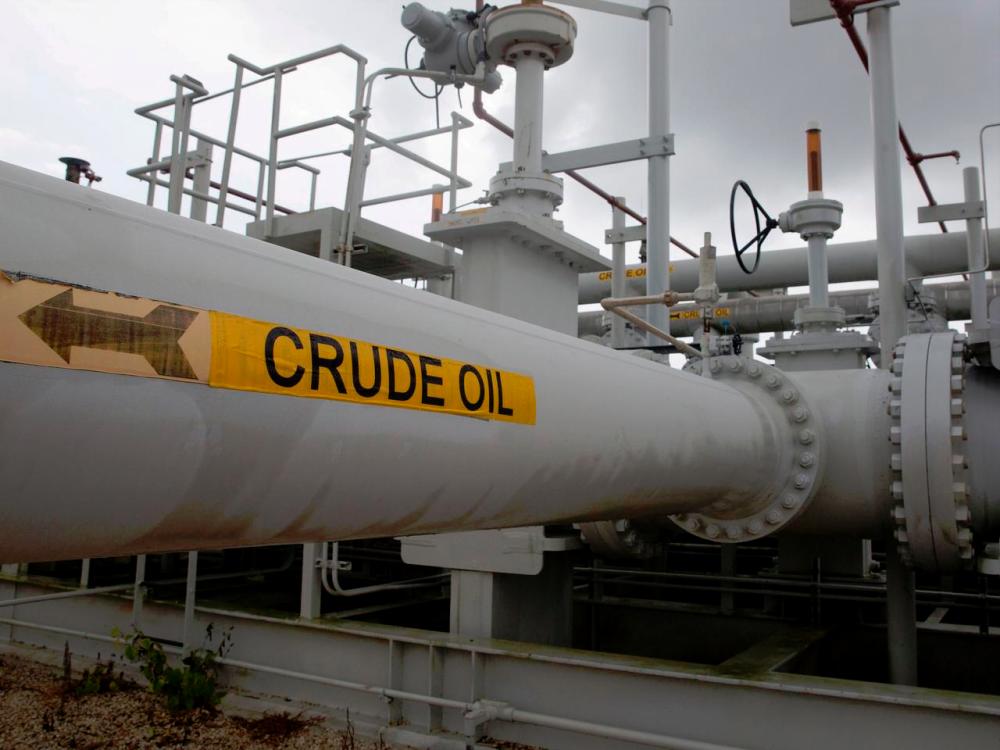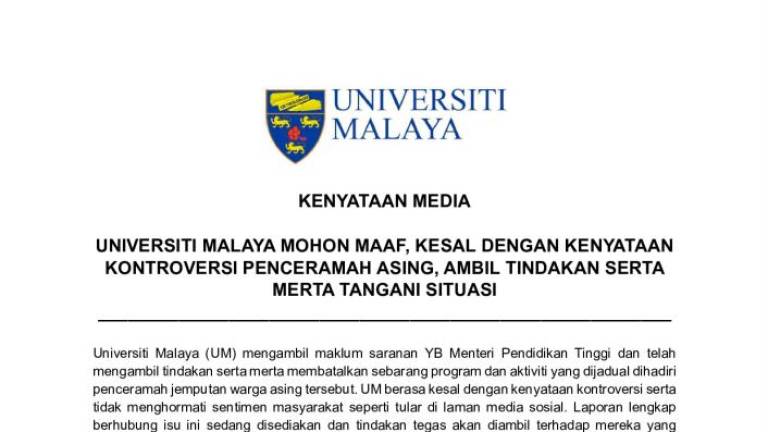PETALING JAYA: Malaysia’s federal budget deficit could widen to RM69.1 billion, from RM55.3 billion, should the average price of Brent crude oil average at around US$40 per barrel, according to a note by Kenanga Research.
The research house explained that since Petronas contributes to the federal government revenue in the form of dividends, petroleum income tax, petroleum export duties and petroleum royalties, every US$10 fall in price cuts the government revenue by some RM7 billion.
“This will raise the deficit as a percentage of GDP from 3.4% to 4.3% – a level not seen since 2012 which at that point in time, the direct federal government debt stood at 51% of GDP versus 53% currently.
“If government guarantees and lease payments for PPPs were included, the total debt to GDP ratio is closer to 72%. To maintain a deficit closer to 3.5% or 4%, Petronas may be made to pay a special dividend again,” it said.
Petronas is planning to pay out RM24 billion to the government this year against RM54 billion a year ago comprising a normal dividend of RM24 billion and a special dividend of RM30 billion.
The oil major’s net profit was down 27% to RM40.5 billion last year on the back of lower revenue as well as net impairment on assets amounting to RM7.3 billion.
Kenanga has trimmed its 2020 GDP growth forecast to 3% from 4% previously, to account for heightened risk of lower oil & gas investments and activities and potentially lower output from the plantation sector on weaker prices. It also revised downwards its year-end KLCI target to 1,532 points from 1,563 points previously, with a reduced earnings per share of 94.2 sen for 2020, from 96.5 sen before.
Meanwhile, OCBC Treasury Research economist Wellian Wiranto said the task of preventing the deficit from ballooning is one that will fall firmly on the shoulders of the newly appointed finance minister Tengku Datuk Seri Zafrul Aziz.
“On an immediate basis, his priority will likely be to implement the RM20 billion stimulus package that interim PM Tun Dr Mahathir Mohammad announced on Feb 28. As we mentioned before, while the measures are helpful, much more would be needed in the face of ever-building sense of crisis,” he said.
He also noted that although there would continue to be hope for further fiscal relief, the reality is that high fiscal deficit remains a bugbear for investors and would be even more so given the oil price slump.
“At most, the fiscal deficit can be pushed to 3.6-3.8% of GDP, depending on the severity of global situation, before the ratings agencies balk,” he said, adding that it is likely Bank Negara Malaysia will make another rate cut to bring the Overnight Policy Rate to 2.25% in the next meeting on May 5.
The central bank already made two rate cuts this year by 50 basis points to 2.5% as the Covid-19 has taken a toll on the country’s economy.










